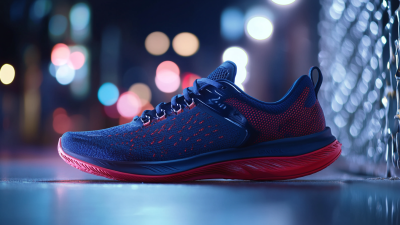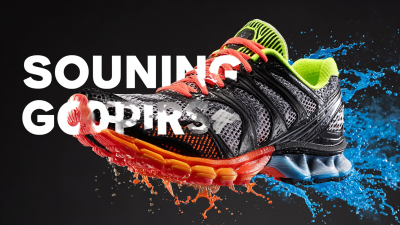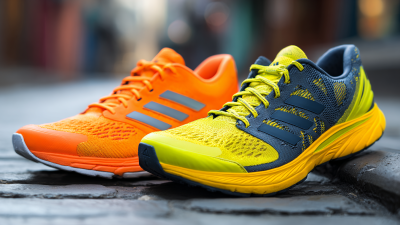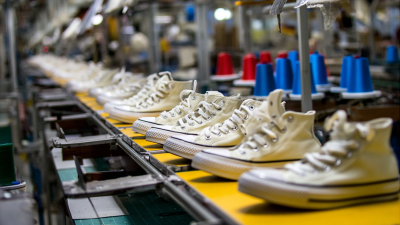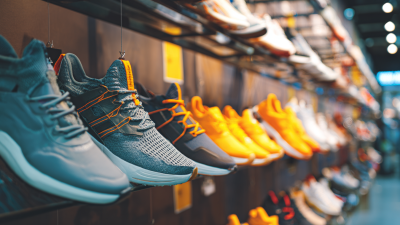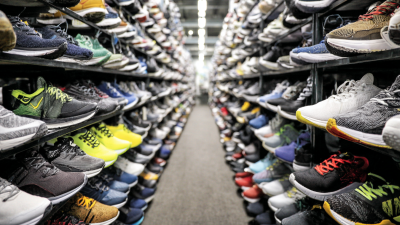
Choosing the right sports shoes manufacturer is a critical decision that can significantly impact your brand's success in the competitive footwear market. With the ever-growing demand for high-quality and performance-driven athletic shoes, it's essential to partner with a manufacturer that meets your specific needs and standards. This guide aims to provide you with seven essential tips to help you navigate the complexities of selecting a reliable sports shoes manufacturer. From assessing production capabilities and quality control measures to understanding communication practices and pricing structures, each factor plays a vital role in ensuring a fruitful collaboration. Whether you’re a start-up brand looking to make your mark or an established company seeking new partnerships, understanding these key elements will empower you to make informed decisions in your journey towards offering top-notch sports footwear to your consumers.
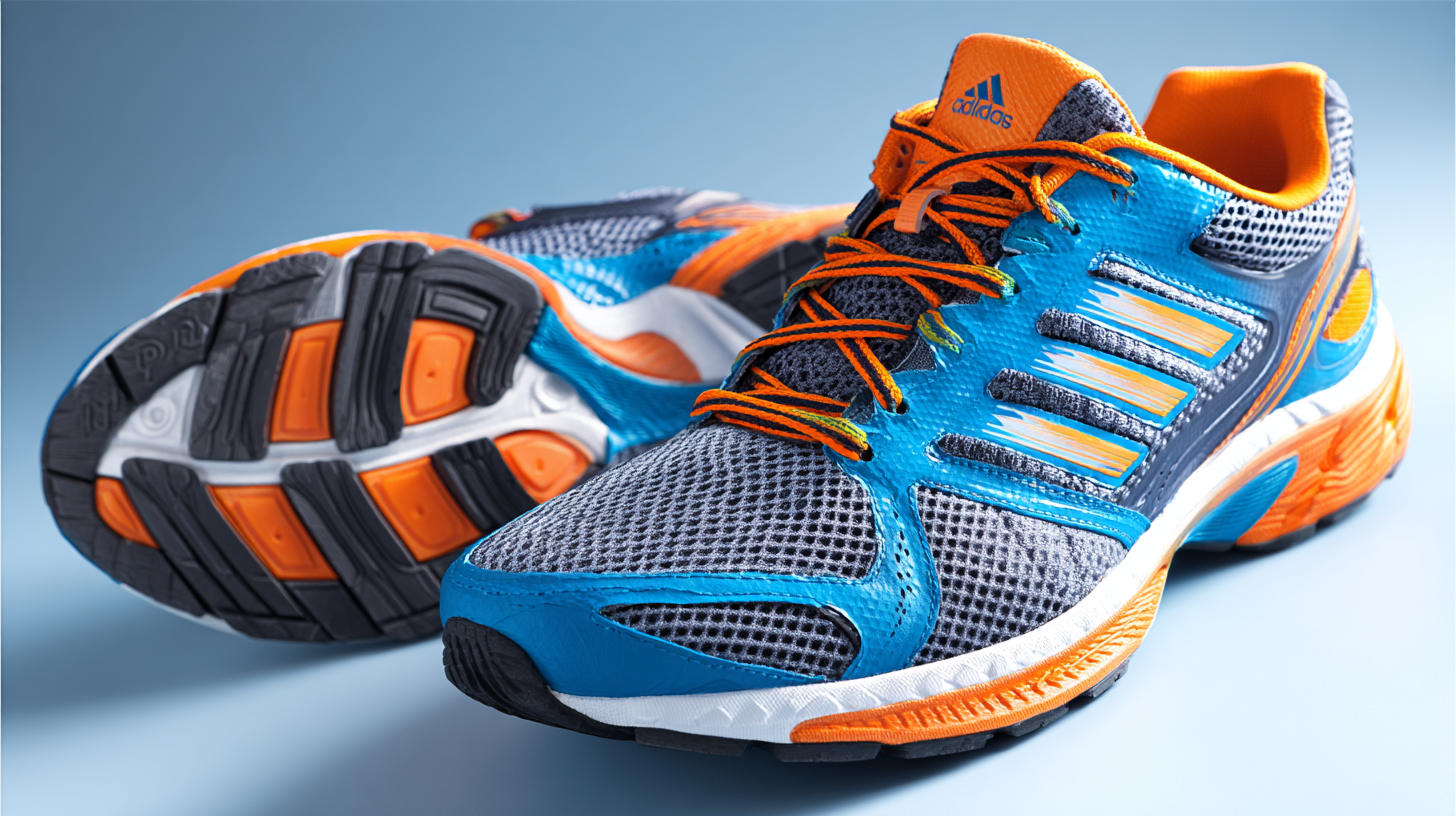
When selecting the right sports shoes manufacturer, it's crucial to first identify your unique needs based on the type of sports shoes required. Different sports demand specific features; for instance, running shoes must offer adequate cushioning and support to withstand repetitive impact. According to the Sports & Fitness Industry Association, running has seen a 5% growth in participation, emphasizing the need for high-quality, specialized footwear that caters specifically to this market. Understanding these requirements not only helps to align your production with current trends but also ensures customer satisfaction and performance enhancement.
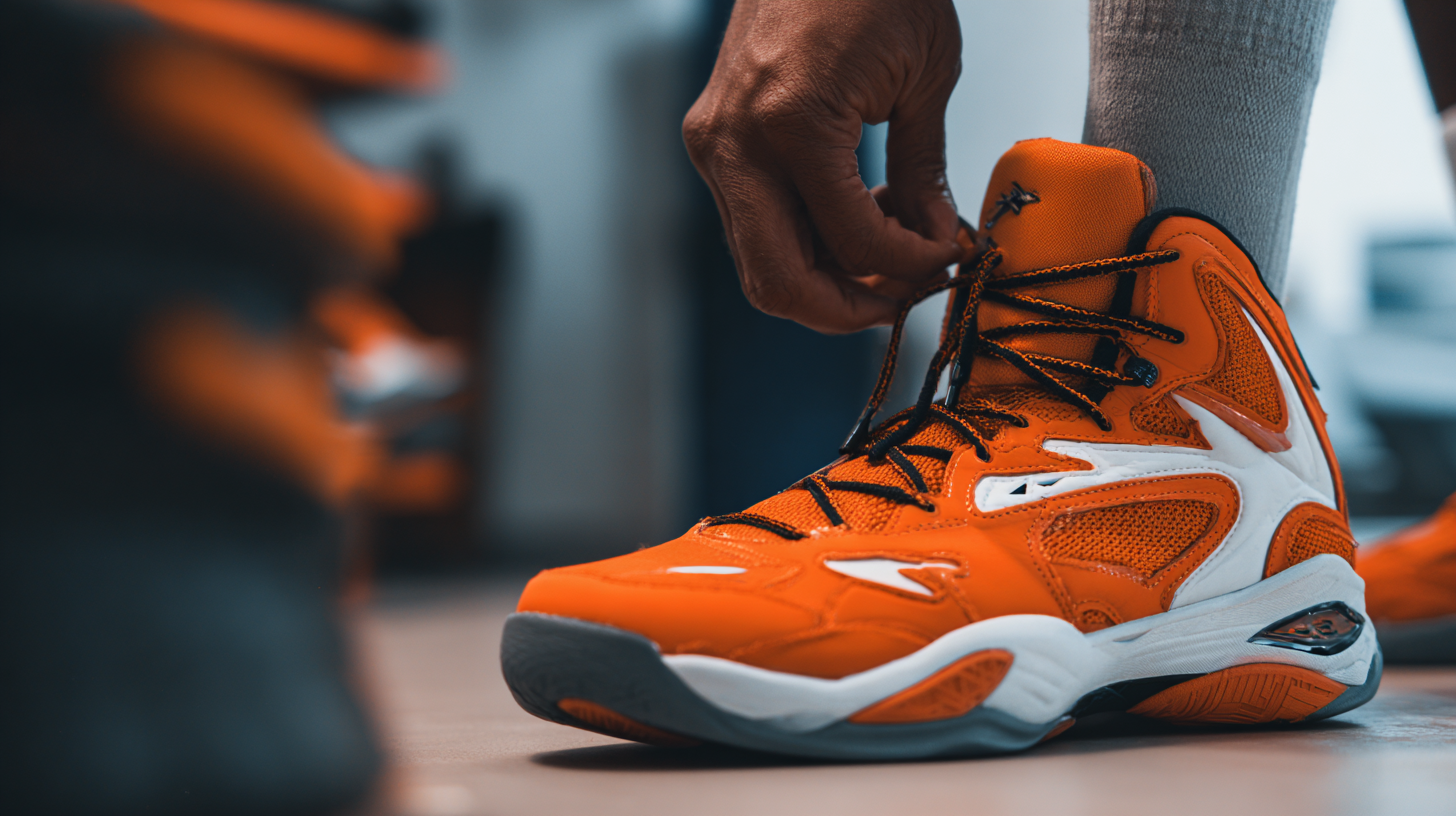
Furthermore, factors like breathability, durability, and traction play significant roles in determining the suitability of sports shoes for different activities. A recent report by Grand View Research indicated that the global athletic footwear market is projected to reach USD 95.14 billion by 2025, driven by increasing health awareness and sports participation. By clearly defining the type of sports shoes you need—whether for running, tennis, or casual wear—you can refine your selection process and approach manufacturers best equipped to meet these specific demands.
When selecting a sports shoes manufacturer, evaluating their experience and expertise in the industry is crucial. An experienced manufacturer not only has a deep understanding of material science and design but also the ability to innovate and adapt to changing market trends. Look for manufacturers who have been in the business for several years and have a proven track record in producing high-quality athletic footwear. Their longevity in the market often reflects their ability to meet the demands of consumer preferences while maintaining rigorous quality control standards.
Additionally, examining the manufacturer's expertise in specific types of sports footwear is vital. Each sport comes with its unique performance requirements, and a knowledgeable manufacturer will have specialized insights into the nuances of various athletic shoes, whether they are for running, basketball, or soccer. Engaging with manufacturers who have collaborations with athletes or brands can also be a good indicator of their industry prowess. Their ability to leverage athlete feedback in the development process can enhance product performance, ensuring that the shoes not only look great but also provide optimal support and functionality for athletes at all levels.
When selecting the right sports shoes manufacturer, understanding their quality standards and material sourcing practices is crucial. Recent industry reports indicate that approximately 70% of consumers prioritize product quality over brand name when purchasing footwear. This highlights the necessity for manufacturers to adhere to stringent quality protocols. A reputable manufacturer should be transparent about their quality control processes, including regular inspections and compliance with international standards such as ISO 9001.
Tip 1: Ensure the manufacturer employs skilled labor and utilizes advanced technology in production. Reports show that factories that integrate automated processes can reduce defects by up to 30%, ensuring that every pair of shoes meets the desired quality standards.
Another vital aspect is material sourcing. According to the Sustainable Footwear Report, about 80% of the environmental impact of footwear production comes from raw materials. Therefore, manufacturers committed to sustainability will seek eco-friendly materials that not only enhance product performance but also minimize environmental harm.
Tip 2: Ask potential manufacturers about their sourcing policies and certifications. For instance, those with partnerships with certified suppliers are likely to produce high-quality products that resonate with environmentally conscious consumers. Choosing wisely based on these criteria will ensure your sports shoes not only meet quality expectations but also contribute positively to the planet.
| Criteria | Rating (1-5) | Comments |
|---|---|---|
| Quality Standards | 4 | Meets international quality certifications. |
| Material Sourcing | 5 | Sources eco-friendly and high-performance materials. |
| Production Capacity | 4 | Can handle large orders with consistent quality. |
| Lead Time | 3 | Average lead time; room for improvement. |
| R&D Capabilities | 5 | Strong focus on innovation and technology. |
| Customer Service | 5 | Responsive and supportive throughout the process. |
| Pricing | 4 | Competitive prices without compromising quality. |
When selecting the right sports shoes manufacturer, understanding production capacity and lead time is crucial. According to recent market analysis, the logistics automation market is expected to grow significantly, with projections indicating a compound annual growth rate (CAGR) of over 10% in the next five years. This growth is driven by the increasing demand for efficient supply chain solutions across various industries, including the sports footwear sector. Manufacturers that leverage advanced logistics capabilities, such as automated warehousing and transportation management systems, can significantly enhance their production efficiency and speed in fulfilling orders.
In the context of the sports shoes industry, it’s essential to analyze the types of logistics employed by manufacturers. Sales logistics and production logistics play a vital role in ensuring that products reach consumers promptly. Reports indicate that over 30% of logistics costs in the manufacturing sector stem from inefficient processes. By adopting refined logistics strategies and technologies, manufacturers can improve their order lead times, directly impacting customer satisfaction and competitiveness in the market. As the demand continues to rise, manufacturers must focus on optimizing both their production capacity and logistics operations to achieve sustained growth and success in the sports shoes industry.
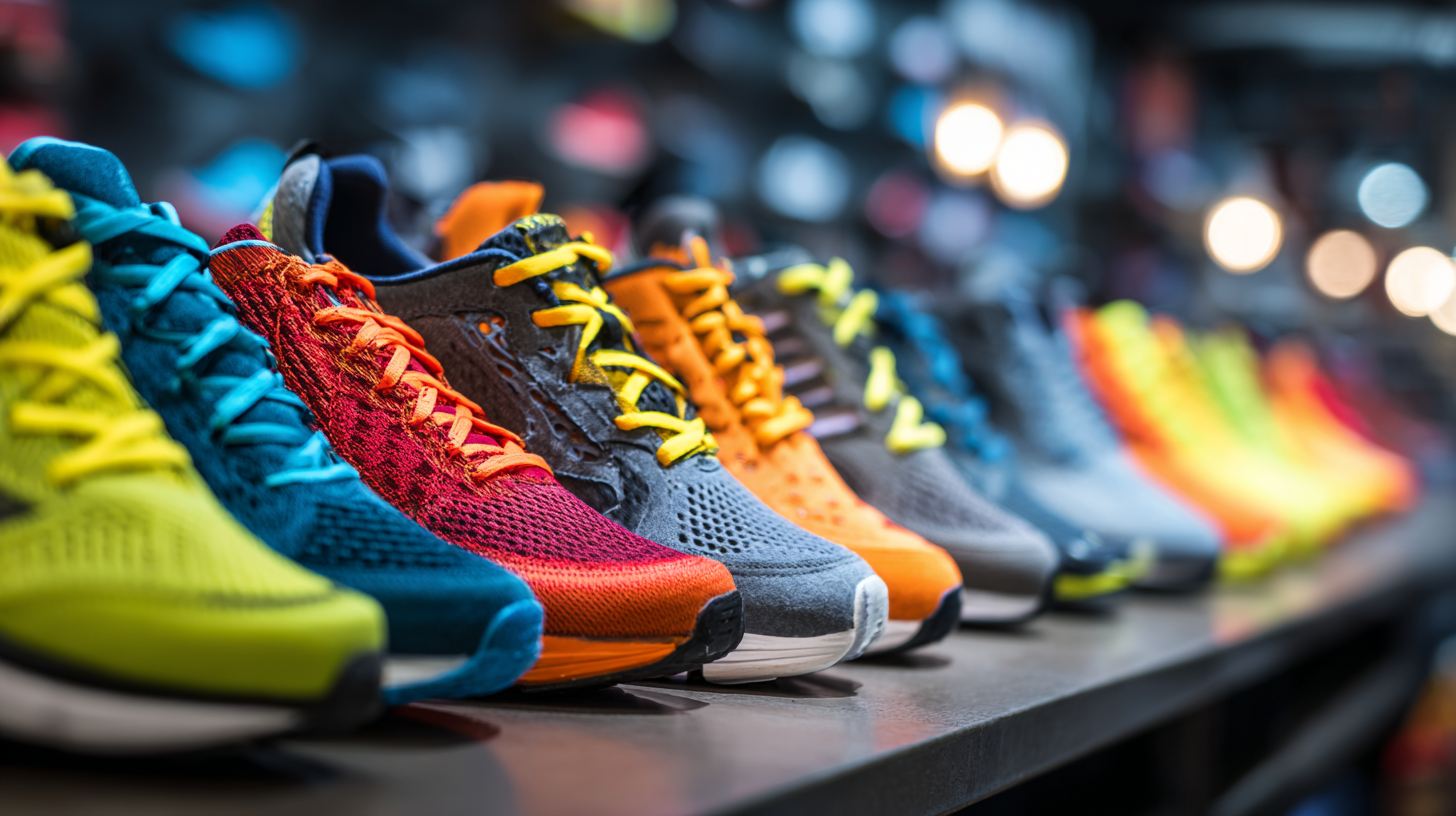
When selecting a sports shoes manufacturer, one crucial aspect to consider is their customer support and after-sales services. Research indicates that companies prioritizing these services experience higher customer satisfaction and loyalty, which can significantly influence repeat purchases. For instance, a recent survey highlighted that consumers are increasingly skeptical about online shopping due to its perceived impersonal nature, emphasizing the need for robust post-sale support to assure buyers of product quality and service reliability.
Additionally, the automotive sector's focus on after-sales service reflects a growing trend across industries. Data shows that brands with superior after-sales support not only retain customers but also enhance their overall market reputation. For example, in a customer satisfaction survey, certain manufacturers consistently ranked high, demonstrating that effective after-sales service can transform first-time buyers into long-term clients. Consequently, when evaluating sports shoe manufacturers, it's essential to investigate their policies on customer support and after-sales services, as these factors are critical for establishing trust and ensuring a positive consumer experience.
The chart above represents the satisfaction ratings (out of 10) across various selection criteria for sports shoes manufacturers. Factors such as quality, pricing, delivery time, after-sales service, customization options, reputation, and customer support are essential for making the right decision.
